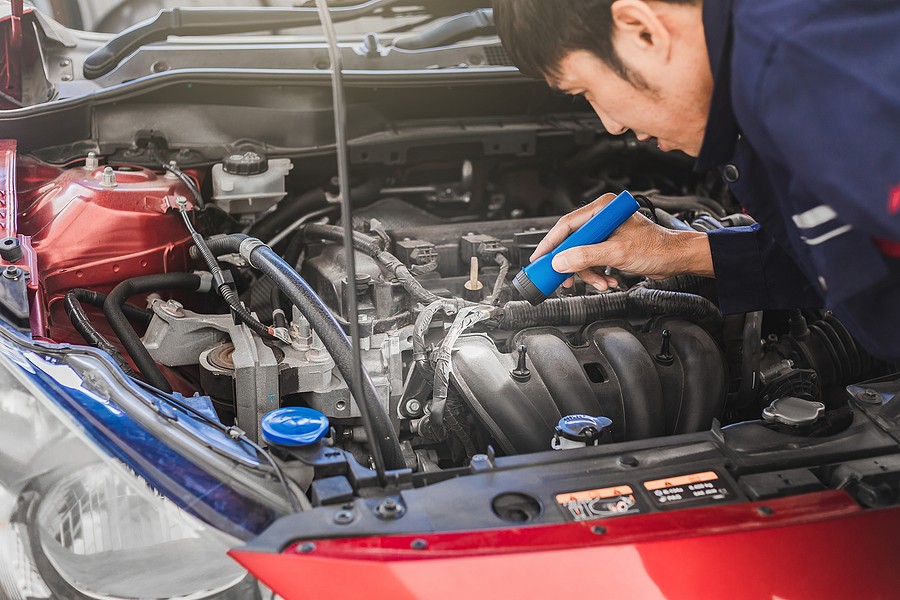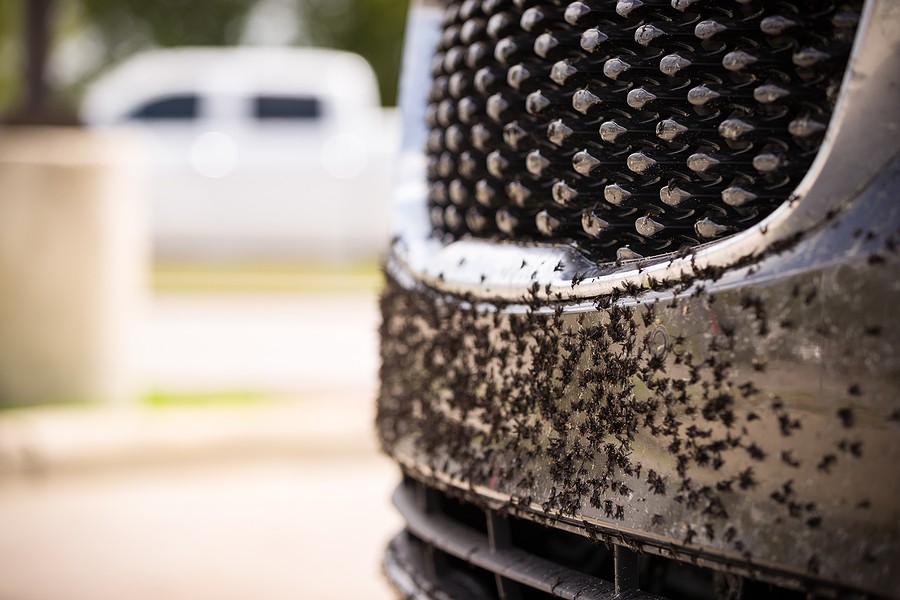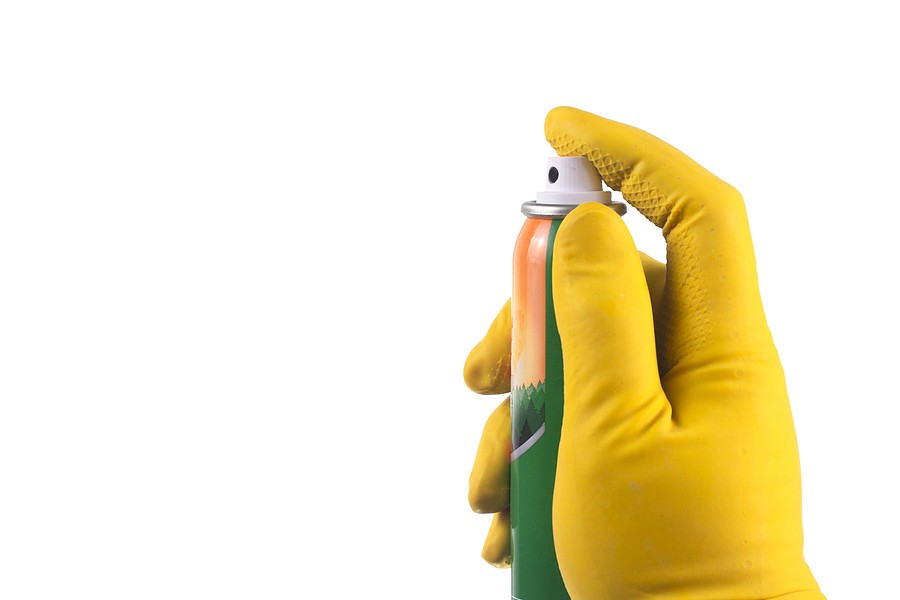Using a bug bomb in your car is not recommended. Contrary to popular belief, these products are ineffective for vehicles and can damage the interior. Let's explore safer, more effective alternatives to keep your car bug-free.
1. The Ineffectiveness of Bug Bombs in Cars
- Bug bombs, also known as total release foggers, are designed for enclosed spaces but not for cars. Their chemical composition is too harsh for the confined, varied materials in a vehicle, risking damage to upholstery and interior surfaces.
- Additionally, bug bombs pose a significant health risk. The enclosed space of a car amplifies the exposure to harmful chemicals, which can linger long after application, posing risks to respiratory health.
- Many believe bug bombs are a quick fix for pest infestations in cars. However, they fail to target the nooks and crannies where bugs hide, rendering them ineffective for thorough extermination.
2. Understanding How Bugs Infest Cars
- Bugs enter cars through open windows, doors, or by hitchhiking on items brought into the car. Understanding these entry points is crucial for prevention.
- Common bugs found in cars include roaches, ants, and spiders. Each type has unique behaviors and hiding spots, like under seats or in the trunk, making them challenging to notice until there's a visible infestation.
- Food crumbs, spills, and clutter provide the perfect environment for bugs to thrive. Regular cleaning and decluttering are essential preventive measures to keep your car bug-free.

3. Safe and Effective Alternatives to Bug Bombs
- For immediate action, use targeted sprays or traps. Products like DP Insect Eliminator and Raid Max Bug Barrier offer direct, spot treatment without the risks associated with foggers.
- Natural alternatives like essential oil sprays, diatomaceous earth, or boric acid can be effective for milder infestations and as preventive measures.
- Regular vacuuming and wiping down surfaces with a mild detergent or white vinegar can deter bugs by removing food sources and potential nesting areas.
4. Professional Pest Control for Severe Infestations
- For persistent or severe infestations, seeking professional pest control services is advisable. Experts can identify the type of infestation and use appropriate, car-safe treatments.
- Professionals also offer advice on long-term prevention and can identify potential entry points you might have missed.
- Ensure the pest control service is aware that the treatment is for a vehicle to use appropriate methods and chemicals that won't harm your car's interior.

5. Preventive Measures to Keep Your Car Bug-Free
- Regular cleaning is the most effective way to prevent bugs. This includes vacuuming, wiping down surfaces, and removing trash and food remnants.
- Be mindful of where you park. Parking near garbage areas or in heavily wooded locations can increase the risk of bug infestations.
- Inspect items like grocery bags, luggage, and gym bags before placing them in your car to prevent unintentionally introducing pests
7. Conclusion: Choose Safety and Effectiveness
- In conclusion, while bug bombs might seem like a quick solution, they are unsuitable and unsafe for use in cars. Opting for targeted treatments, regular cleaning, and professional services when necessary ensures a bug-free, safe vehicle environment.
Call to Action: For personalized advice or to sell your car irrespective of its condition, contact Cash Cars Buyer at 773-791-4363. We offer expert assistance and fair deals for all types of vehicles. Or you can fill out our online form to get your instant offer by clicking here!

FAQs
1. Is it safe to use a bug bomb in my car?
- No, it is not safe. Bug bombs can damage your car's interior and are ineffective against car infestations.
2. What are some effective alternatives to bug bombs for cars?
- Targeted sprays, bait traps, natural remedies like essential oil sprays or diatomaceous earth, and regular cleaning are effective alternatives.
3. How do bugs typically enter cars?
- Bugs can enter through open windows, doors, or by hitching a ride on items like luggage, grocery bags, or gym bags.
4. Can I spray my car's interior for bugs?
- Yes, but use sprays specifically designed for vehicles. Always test on a small area first and follow the product's instructions.
5. What types of bugs are commonly found in cars?
- Common bugs in cars include roaches, ants, spiders, and occasionally fleas or bedbugs, depending on the environment.
6. How can I prevent bugs from entering my car?
- Keep your car clean, avoid eating inside, regularly vacuum and wipe down surfaces, and be cautious about where you park and what items you bring into your car.
7. Are natural remedies effective against car bugs?
- Yes, natural remedies can be effective for mild infestations and as preventive measures but might not suffice for severe cases.
8. What should I do if I have a severe bug infestation in my car?
- For severe infestations, it's best to seek professional pest control services that specialize in vehicle treatments.
9. Can leaving food in the car attract bugs?
- Yes, food crumbs and spills can attract bugs. It’s important to clean up any food remnants and avoid eating in your car when possible.
10. How often should I clean my car to prevent bug infestations?
- Regular cleaning, at least once a week, is recommended. This includes vacuuming and wiping down all surfaces to remove potential food sources for bugs.



